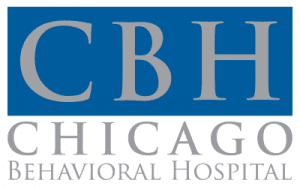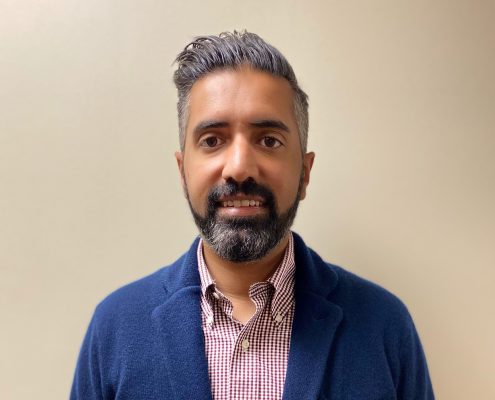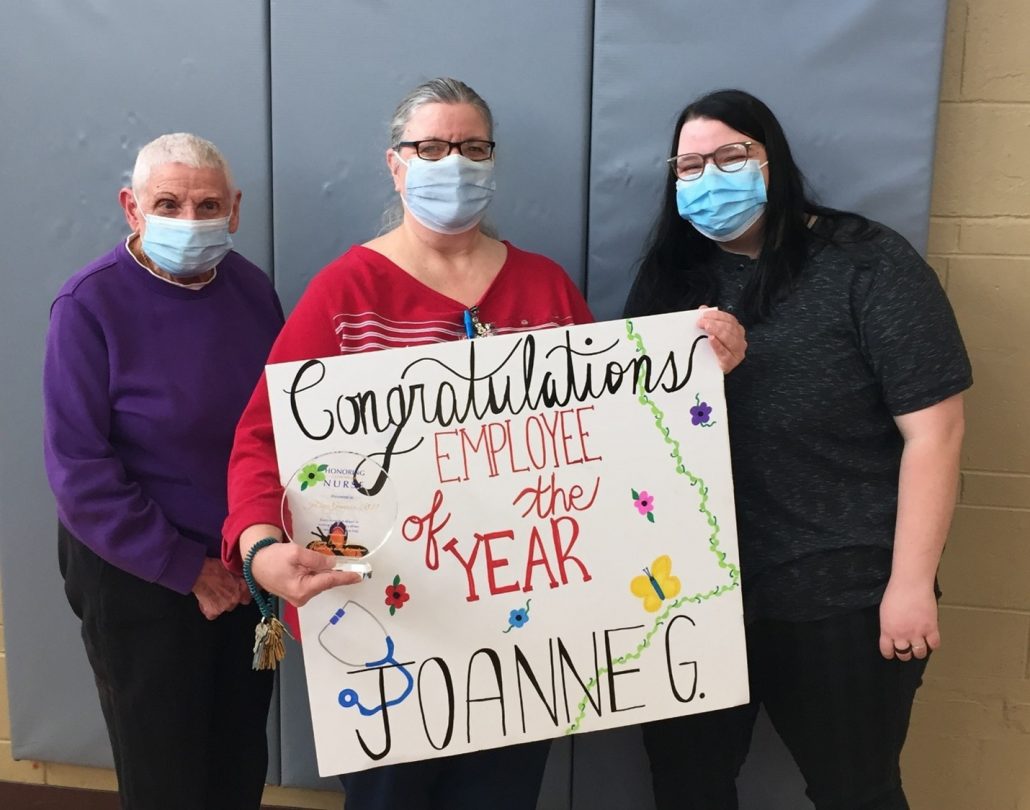May is Positively Mental Health Month
Find Your Positive Outlook
Since 1949, mental health has been observed in May as Mental Health Month. Part of creating mental wellness and staying mentally healthy has to do with managing your health through positivity. Research has made clear (Lahnna, Catalino, Algoe, etc.) that positivity can raise your mood, reduce worry, improve reactions to stress, and even create improved physical health. With this in mind, it makes sense that we do what it takes to seek positivity in our lives.
Practicing Positivity
This is not about ignoring the stuff that is not so positive in your life, it’s about looking for the bright side when you can. Think about your assets and what you have available to make things better. Think people, places, and things that are a part of your life that help push you over the hump. You may be surprised at how many positives you have in your life: people who are genuine helpers and look out for your best interests, locations where you can go and really breathe positive vibes into your day just by being there, and, of course, your own personal strengths.
When bad stuff happens, and it will, can you process it in a way that helps you manage it more positively? Ask yourself: What did I do well in this situation? What did I learn and how will I use this in the future? Is there someone who reached out during this tough time and have I thanked them? These are great processing opportunities and lets you see that even in the worst of times, there are positives somewhere.
Gratitude Raises Positivity
Start your day with a thank you. Be grateful for waking up, having clean clothes and a warm house. Just be grateful. You know that your mother always said that somebody had it worse than you. You also know she was right.
Find one special day each year when you write a “Grateful for You” letter. Tell someone what they mean to you and why. This not only cements a relationship, it spreads positive emotions and can make a real difference for someone. Try something like The 5 Minute Gratitude Journal by Sarah Godkin, PHD, and document grateful moments. Put some structure on being grateful. Make it a habit.
Don’t Fight the Feelings
When you feel down, feel it. It’s ok. Do yourself a favor though, don’t live in it. Make some decisions about how long you are going to feel it before you take action or move on. Also, ask yourself, is this really something I want to focus on with all my energy or is this something that really doesn’t matter.
Set aside a time to deal with the problem. Bring a friend into the process to provide insight and support. You never have to go through it alone. Have a “ME” moment. Do something that always changes your mood. Ease into it (but don’t procrastinate).
6 “Stay Positive” Behaviors to Hone Your Positivity Skills
- Reframe the negative: Look for that silver lining and make a statement to yourself about what you learned, how you will grow or how the best may come out of the situation.
- Ask yourself if you did your best: If you did, pat yourself on the back. If you didn’t, what would your best effort have looked like? Trust in knowing that you will probably have a chance to try again.
- Rely on friends: Don’t isolate when things aren’t the best. Friends help friends. You’ll have a chance to be the helper, too.
- Accept the moment: If you are in a “surviving, not thriving” time, know that it won’t last forever and think of it that way.
- Always make time to experience nature: More and more research (H Jo, Chawla, White, etc.) shows that being outside and being in the moment in nature raises your mood and attitude.
- Prevent and plan ahead: Avoid now or never situations by getting ahead of the game and getting things done on time and with your best effort.
All in all, make focusing on the positive your Mental Health Month goal. You may find that positive efforts lead to positive results!




